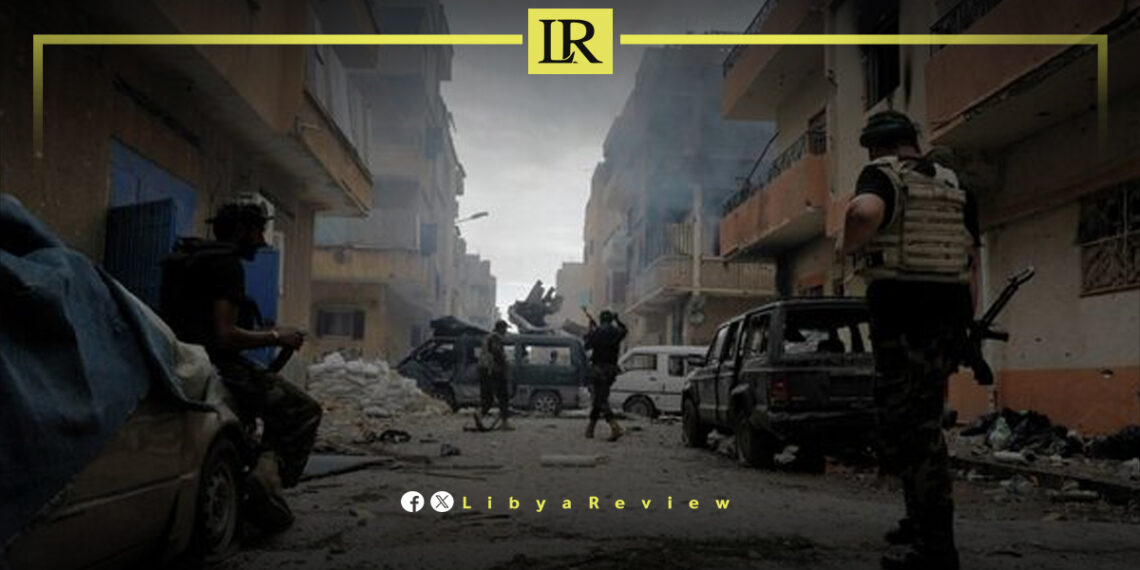Libya remains trapped in a cycle of violence and instability, primarily driven by militia dominance in the western region. Throughout 2024, the country has seen a significant surge in armed clashes, which have not only disrupted civilian life but also hindered efforts to stabilise key economic sectors, including oil production.
The Government of National Unity (GNU), led by Prime Minister Abdel-Hamid Dbaiba, has been widely criticised for its inability to address the growing influence of militias. Many of these groups have been integrated into the GNU’s security structure, granting them significant autonomy and power. This reliance has emboldened militia leaders, creating an environment where territorial disputes and targeted assassinations are frequent.
The most recent violence occurred in Zawiya, where armed confrontations between rival militias caused widespread panic. The clashes, reportedly between Mohammed Kashlaf’s group, known as “Qasab,” and members of the Sharaf tribe, resulted in at least one death and ten injuries. Fires ignited at oil storage facilities in the Zawiya refinery forced the National Oil Corporation to declare a state of emergency. The violence also disrupted daily life, with schools closing and roads, including the coastal highway, blocked for hours.
Similar incidents have been reported across western Libya. In November, Tripoli’s Najeela area witnessed deadly clashes involving the Stability Support Apparatus and the Radaa Force, resulting in multiple fatalities and injuries. In September, high-profile militia leader Abdelrahman Milad, nicknamed “Al-Bija,” was assassinated near Janzour, sparking tensions among armed groups in Zawiya.
These clashes reflect a broader trend of instability. Militia rivalries, often fuelled by disputes over territory, resources, or revenge killings, have turned residential areas into conflict zones. In August, a violent confrontation in Tajoura and Qara Bolle left nine people dead and 16 injured, further exacerbating the sense of insecurity.
Observers note that the GNU’s failure to rein in militia activity has eroded public confidence. Local elders and community leaders have intervened in some cases, successfully mediating temporary ceasefires, but these efforts are not a sustainable solution.
As Libya enters a new year, the lack of a decisive strategy to tackle militia power raises concerns about the nation’s future stability. Many fear that the continued empowerment of these groups will make long-term peace and unity increasingly elusive.


